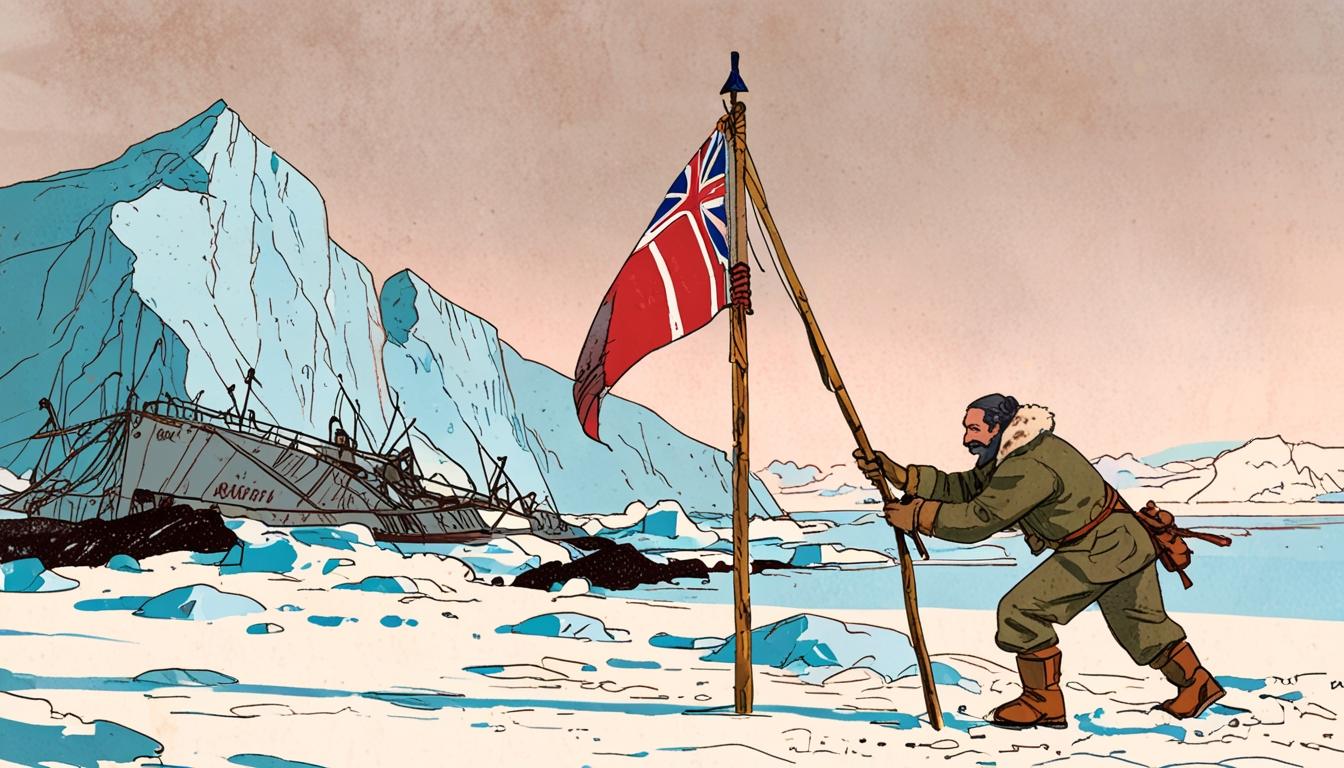Cambridge University has characterised the early 20th-century exploration of Antarctica as an example of colonialism, despite the continent being uninhabited except for penguins. This perspective was introduced through new signage at the university's Polar Museum, which houses a collection of 5,000 objects, including artefacts associated with renowned explorers Robert Falcon Scott and Ernest Shackleton.
The signs, part of a broader initiative by Cambridge's museums to address the institution's colonial past, inform visitors that the expeditions to the South Pole were "in the colonial mould." The displays state that these ventures involved "claiming land, mapping, prospecting for resources, even sending stamps as a sign of ownership." The signage also clarifies, "The only difference was that there was not an indigenous population in Antarctica."
This initiative is linked to Cambridge’s 'Power and Memory' project, aimed at examining and confronting the university's historical connections to colonialism, empire, and slavery. The project highlights what it describes as “hidden histories” in the history of polar exploration, seeking to present a narrative that includes the power dynamics between explorers and indigenous populations in the Arctic regions, where colonial expeditions often held dominance.
In addition to Antarctic exploration, the university’s efforts extend to recognising the contributions of Black individuals in polar research. This move coincides with an exhibition at Cambridge’s Fitzwilliam Museum titled Rise Up, which explores the history of slavery and its abolition. The exhibition catalogue asserts that prominent figures such as physicist Stephen Hawking, along with others, indirectly benefited from slavery-derived funds awarded to Cambridge centuries before their time. However, this interpretation has been met with criticism from some professors and historians, who accuse the museum's management of misrepresenting historical facts.
The classification of Antarctic exploration as colonialism draws on Cambridge Dictionary's definition of colonialism as "the belief in and support for the system of one country controlling another," whereas the Oxford Dictionary of Human Geography defines it more specifically as "the control over one territory and its peoples by another." This distinction underscores the complex discourse surrounding the university's current interpretation of its colonial connections.
The Polar Museum's new signage and the wider initiatives reflect Cambridge University’s engagement with a reevaluation of its historical legacy, incorporating perspectives that consider the often overlooked contexts of empire and colonialism in global exploration history.
Source: Noah Wire Services
